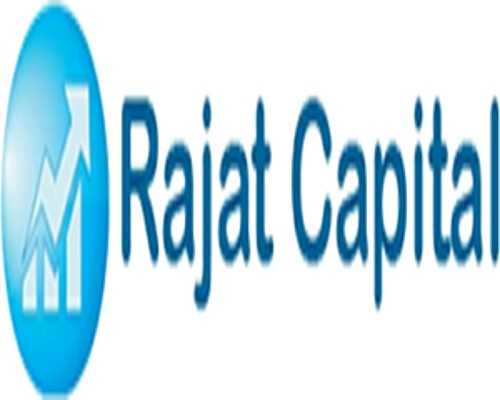
What Are The Key Features Of Commodities And Derivatives For Investors?

Commodity derivatives can seem risky and intimidating to some investors, especially those who prefer lower risks or have limited investment experience. However, understanding these investment tools can unlock potential benefits and opportunities for diversification in your portfolio.
What are Commodities and Derivatives?
Commodities
Commodities refer to raw materials or agricultural products that are actively traded in markets, where individuals or businesses can buy and sell them based on market demand and supply. These can be divided into two main categories:
- Hard Commodities: These include natural resources such as oil, gold, and metals.
- Soft Commodities: These are agricultural products like wheat, coffee, and sugar.
Commodities are crucial in global trade and can be traded in spot markets (for immediate delivery) or futures markets (for delivery at a later date).
Derivatives
Derivatives are financial instruments whose value is derived from an underlying asset, such as commodities, stocks, bonds, currencies, interest rates, or market indexes. The primary types of commodity derivatives are futures and options contracts. If you wish to invest, reach out to a derivatives trading broker in Kolkata.
Types of Commodity Derivatives
1. Futures Contracts
Futures contracts are agreements where you agree to buy or sell a set amount of a commodity at an agreed price on a future date. These contracts are widely used for hedging against price fluctuations.
Key Features of Futures Contracts:
- Standardization: Futures contracts specify the quality, quantity, delivery location, and expiry date of the commodity.
- Margin Trading: Investors must deposit an initial margin, a percentage of the contract value, to enter a trade. This allows for leverage, amplifying potential profits and losses.
- Price Discovery: The trading activity in futures markets helps determine fair market prices for commodities.
- Hedging: Producers and consumers can lock in prices for future sales or purchases, reducing the impact of price volatility.
2. Options Contracts
Options contracts give the buyer the right, but not the obligation, to buy or sell a commodity at a certain price by a specific date. This flexibility allows investors to profit from price movements in a specific direction.
Key Features of Options Contracts:
- Flexibility: Unlike futures, options provide the right but not the obligation to execute the trade, offering more strategic choices.
- Premium: Buyers pay a premium for the option, which is the cost of having the flexibility.
- Profit Potential: Investors can gain from favourable price movements while limiting losses to the premium paid.
Features of Commodity Derivatives in India
Commodity derivatives in India are traded on regulated exchanges such as the Multi Commodity Exchange (MCX) and the National Commodity & Derivatives Exchange Limited (NCDEX). Some of their key features include:
- Exchange-Traded: Trading occurs on regulated commodity exchanges, ensuring transparency and standardized practices.
- Standardized Contracts: Each contract specifies the quality, quantity, delivery location, and expiry date of the underlying commodity.
- Margin Trading: Initial margin deposits are required to initiate trades, allowing for leveraged positions.
- T+ Rolling: Positions can be rolled over to the next contract month to avoid physical delivery.
Benefits of Investing in Commodity Derivatives
1. Price Discovery
The active trading of commodity derivatives helps in the discovery of fair market prices. This helps producers and consumers plan better for making and using goods.
2. Risk Management (Hedging)
Commodity derivatives are excellent tools for hedging against price fluctuations. Producers can lock in prices for their products, and consumers can secure prices for their inputs, thereby stabilizing their financial planning.
3. Profit Potential
Speculators can profit from predicting and capitalizing on price movements in commodities. The leverage provided by margin trading can amplify returns, although it also increases risk.
4. Market Liquidity
The commodity derivatives markets are highly liquid, making it easy to buy and sell contracts without significantly affecting prices.
5. Portfolio Diversification
Investing in commodity derivatives allows for diversification beyond traditional asset classes like stocks and bonds, which spreads risk and improves the overall stability of portfolios.
Last Words
Commodity derivatives can be a great way to diversify your investment portfolio and manage risk. Right guidance from the best commodity trading broker in Kolkata, commodities and derivatives can be valuable additions to any investment strategy.
Author Bio
Article Comments
No Comments!
At present there are zero comments on this article.
Why not be the first to make a comment?
Similar Articles
Search Pages
User Upgrade
account to full use of editor,
Including hyperlinks
Article Categories
There are zero sub-categories in this parent category.
There are zero sub-categories in this parent category.

















